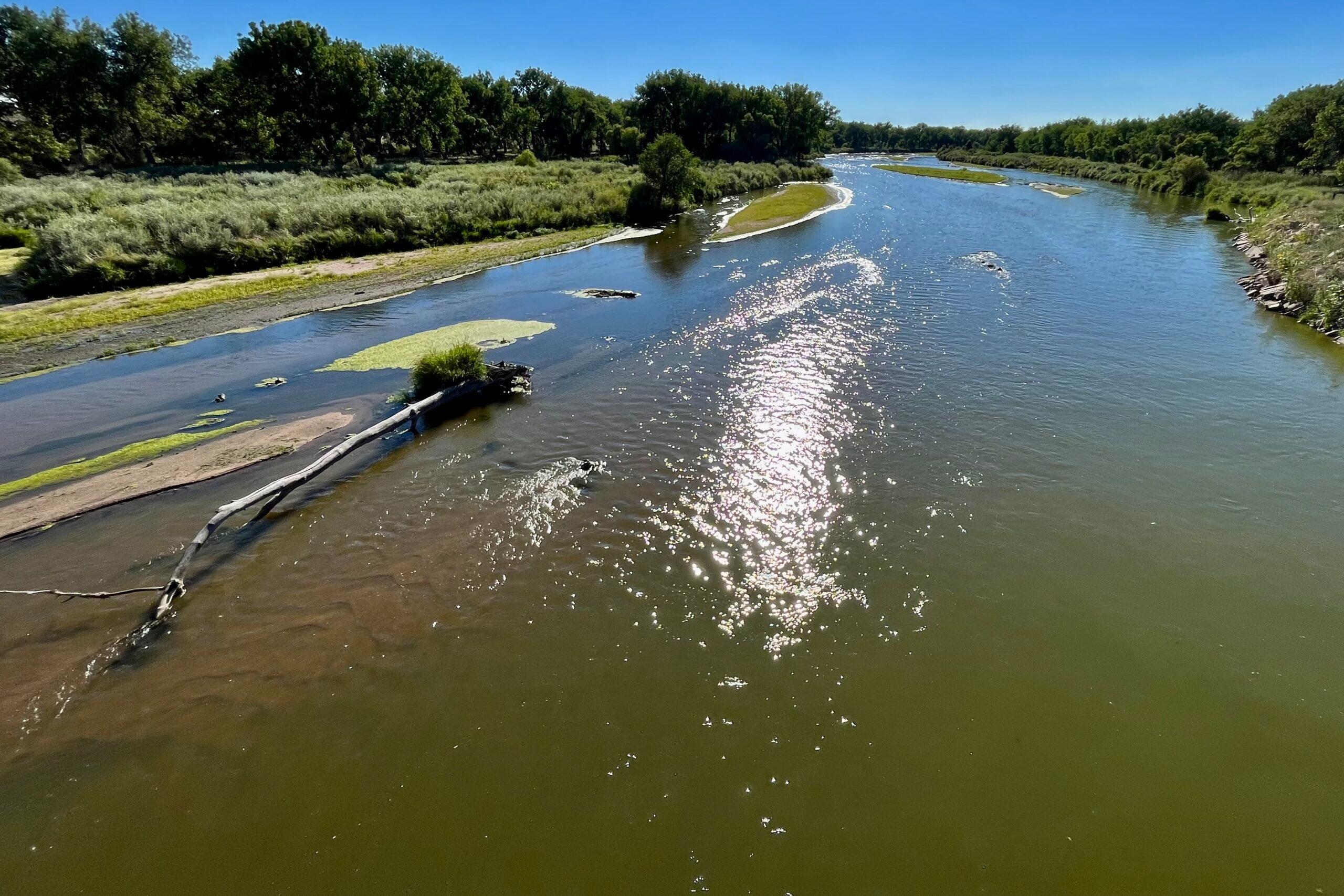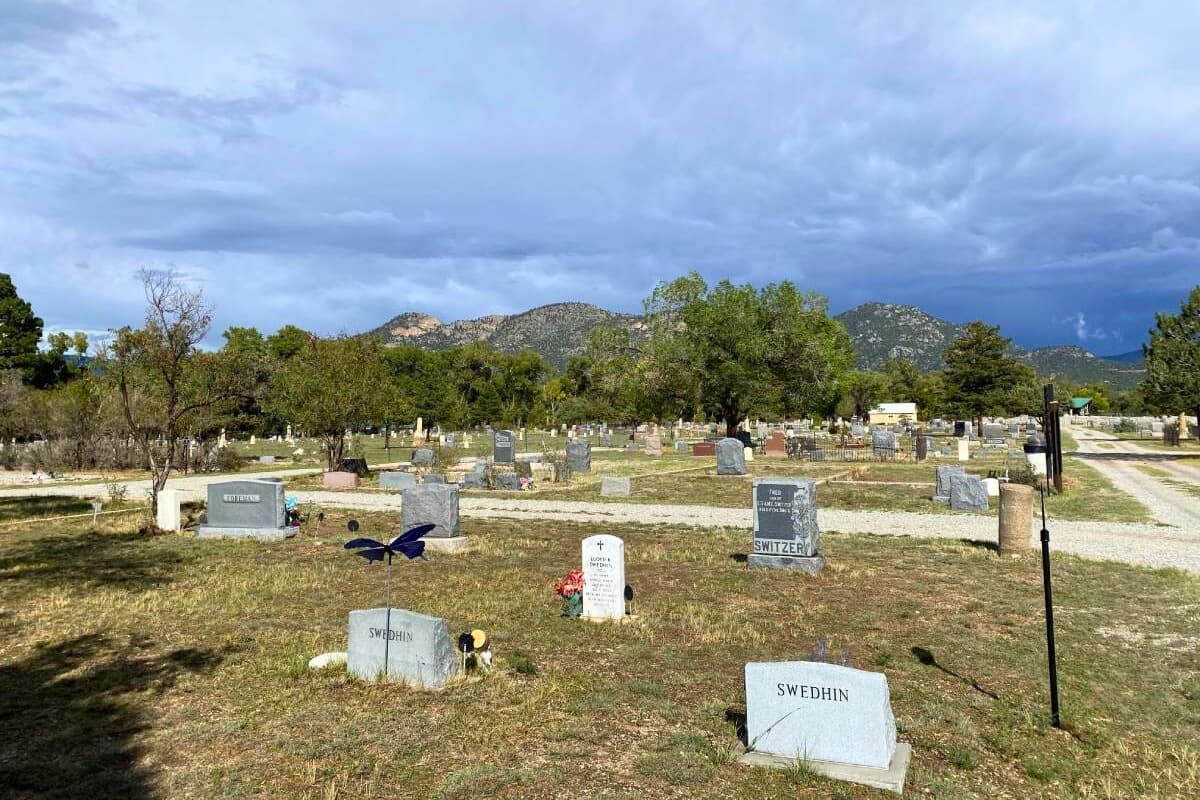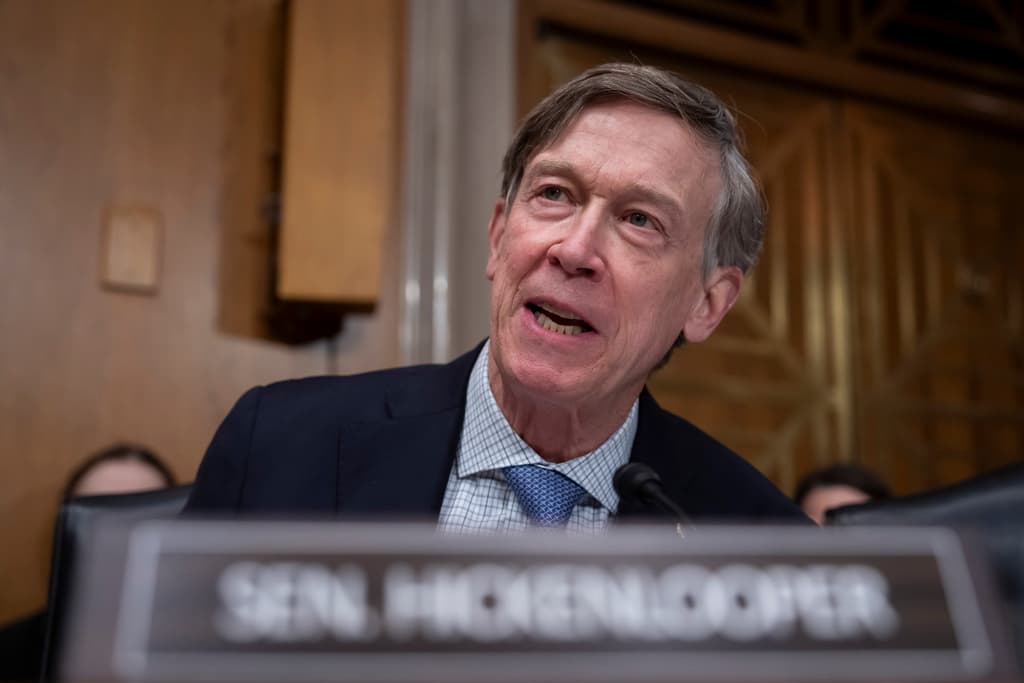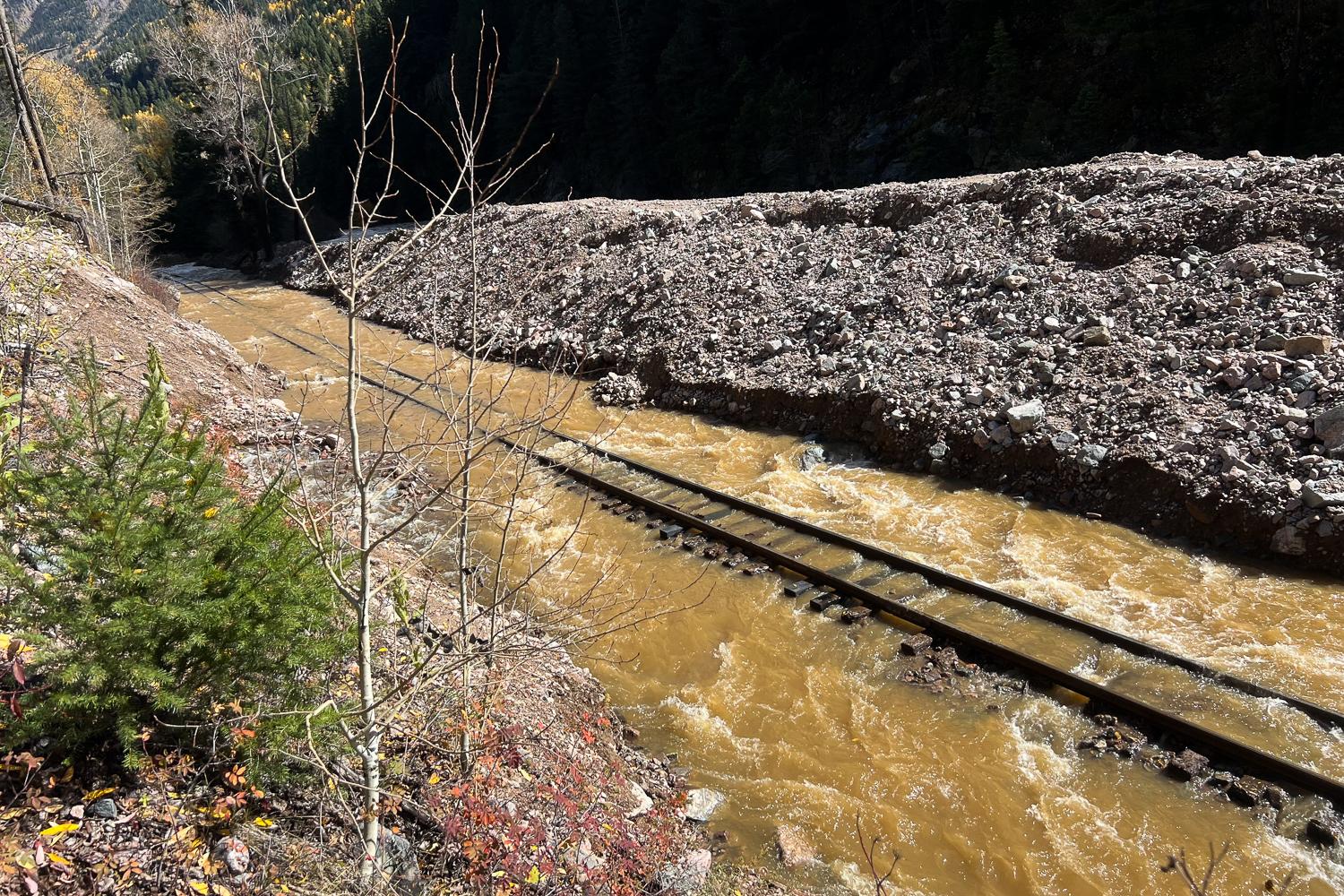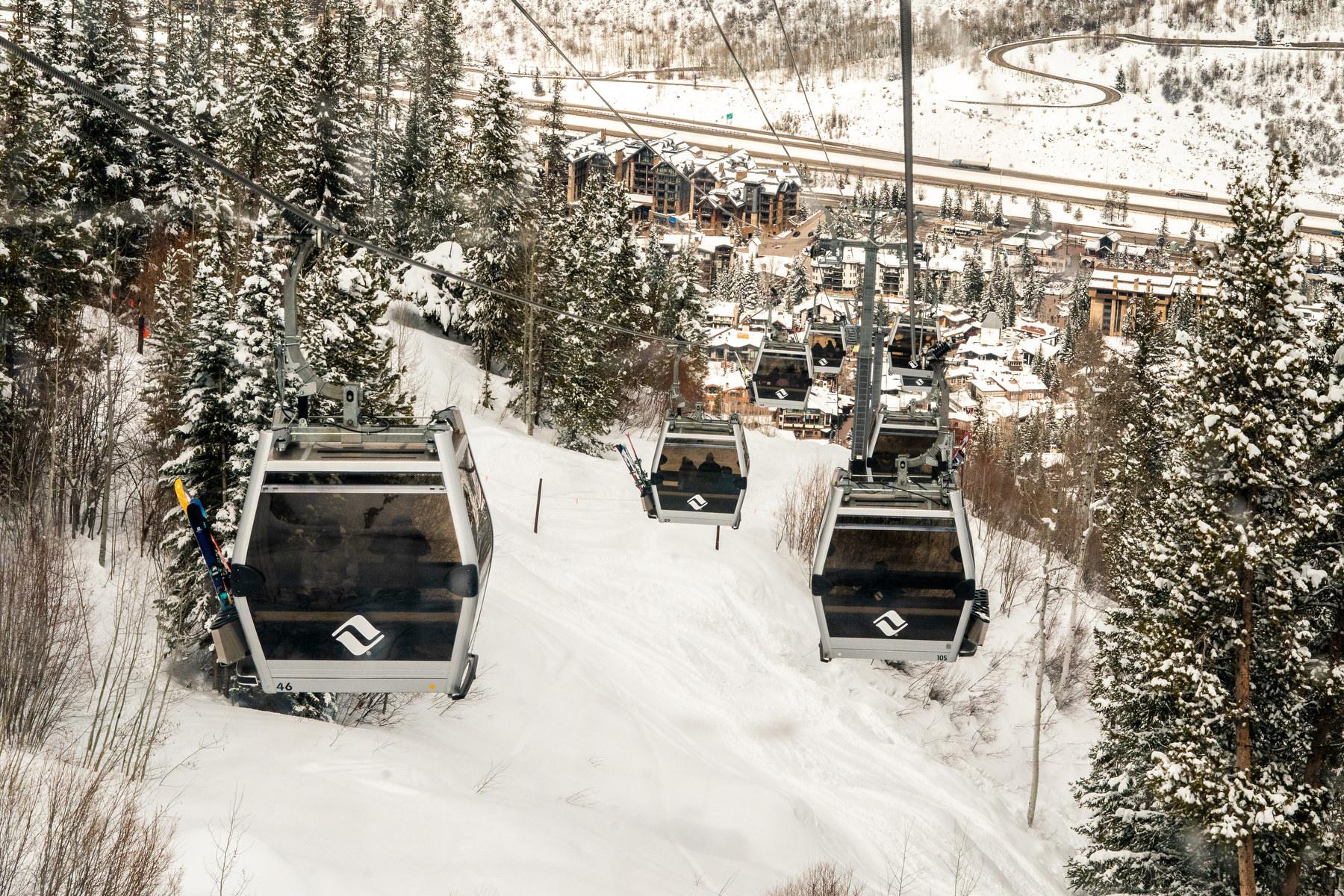
Epic Passes might be a little less epic these days.
Vail Resorts, which owns the Epic Pass, said its sales for next winter are down compared to spring sales last year. Epic Pass sales started flatlining last year, reversing several years of strong growth in annual sales.
Vail CEO Rob Katz said broad economic uncertainty during April could be to blame for the lackluster results.
“Given elevated levels of macroeconomic volatility that occurred throughout the spring selling, it is currently unknown what, if any, impact that had,” Katz said during a conference call with investors covering the company’s third-quarter financial results.
To be sure, at 1 percent, it’s not a steep decline in sales. Vail is still selling plenty of ski passes. But on Wall Street, growth is paramount.
Katz stepped back into the CEO role last month after several years away. He’s returning to the job as the Broomfield-based resort giant seeks to woo back Wall Street investors who have soured on the company’s prospects.
Katz, who helmed Vail when it introduced the Epic Pass in 2008, handed the CEO reins to Kirsten Lynch in November 2021. She resigned in May. The intervening years have not all been good ones for Vail, one of the most recognizable names in Colorado skiing. The $5.8 billion company lost more than half its value during Lynch’s tenure.
The company has taken hits to its reputation and its bottom line. Complaints from skiers and snowboarders about long lift lines, crowded slopes and exorbitant prices — the perennial banes of skiers everywhere — have become too loud for Vail to ignore.
The negative headlines reached a fever pitch in January when ski patrollers in Park City, Utah, went on strike for nearly two weeks during New Year’s, one of the busiest times of the year for ski resorts. Visitors were irate. Investors were, too. One such investor wrote a report lambasting Vail’s management and calling for executives to be fired.
“We need a more consistent guest and employee experience throughout the season and across all of our resorts,” Katz said during the call. “The Park City experience was obviously unacceptable.”
The bad blood in Park City remains. Tech billionaire Matthew Prince, CEO of Cloudflare and a resident of Park City, told a local radio station he was interested in buying Park City Mountain from Vail. When asked on the conference call about a potential deal, Katz dismissed the idea.
“That’s not something that we’re looking at and we don’t think that ultimately is in the long-term interest of our company,” he said.
Bad PR isn’t Vail’s only problem. A pandemic-boom in outdoor activities like skiing is fading. Uneven snow early in the season at Vail’s U.S. properties, including at its marquee Colorado resorts, is eating into revenue. And it’s not selling as many individual lift tickets, excluding season passes, as planned. The company reduced its earnings forecast because spring lift ticket sales disappointed.
“For this year, that was obviously an area that didn’t perform to where we expected,” Katz said. “It’s going to be our job to really innovate and come up with approaches where we feel we can drive lift ticket sales, particularly in off-peak periods.”
In the most recent financial reporting period, which runs from February through April, visits at its North American resorts fell 7 percent from last year, according to its earnings report. Revenues across multiple categories were down compared to the same period last year, including ski school, equipment rentals and lodging.

